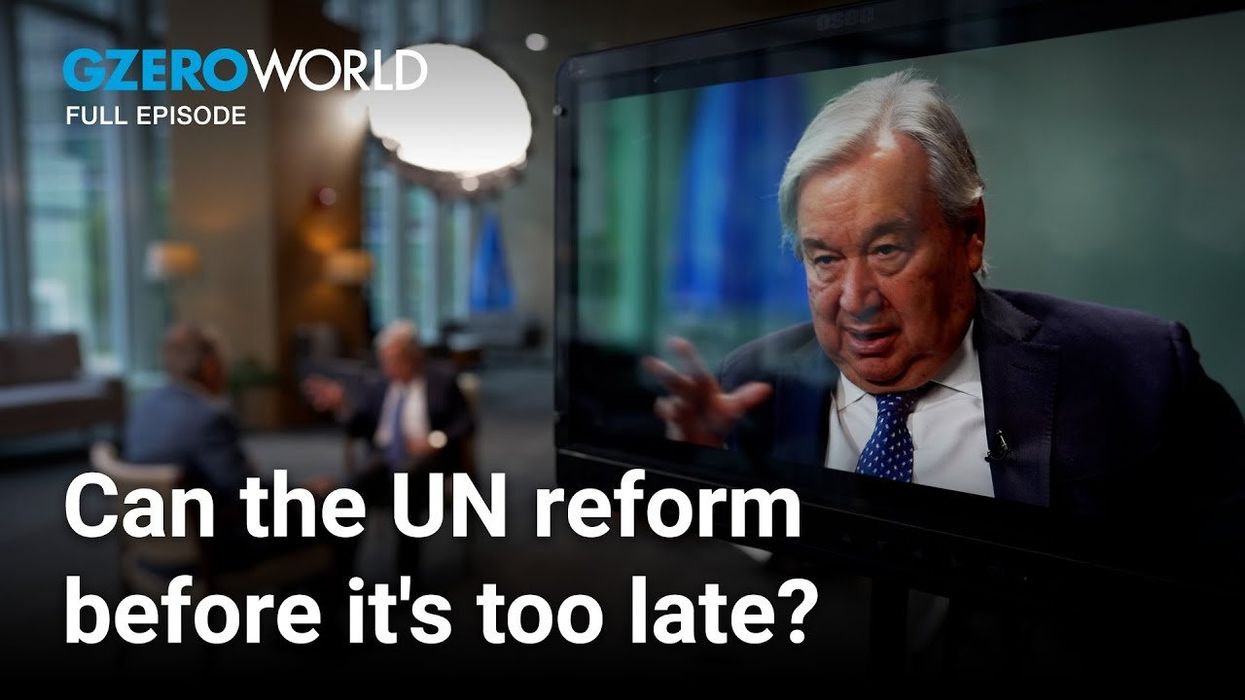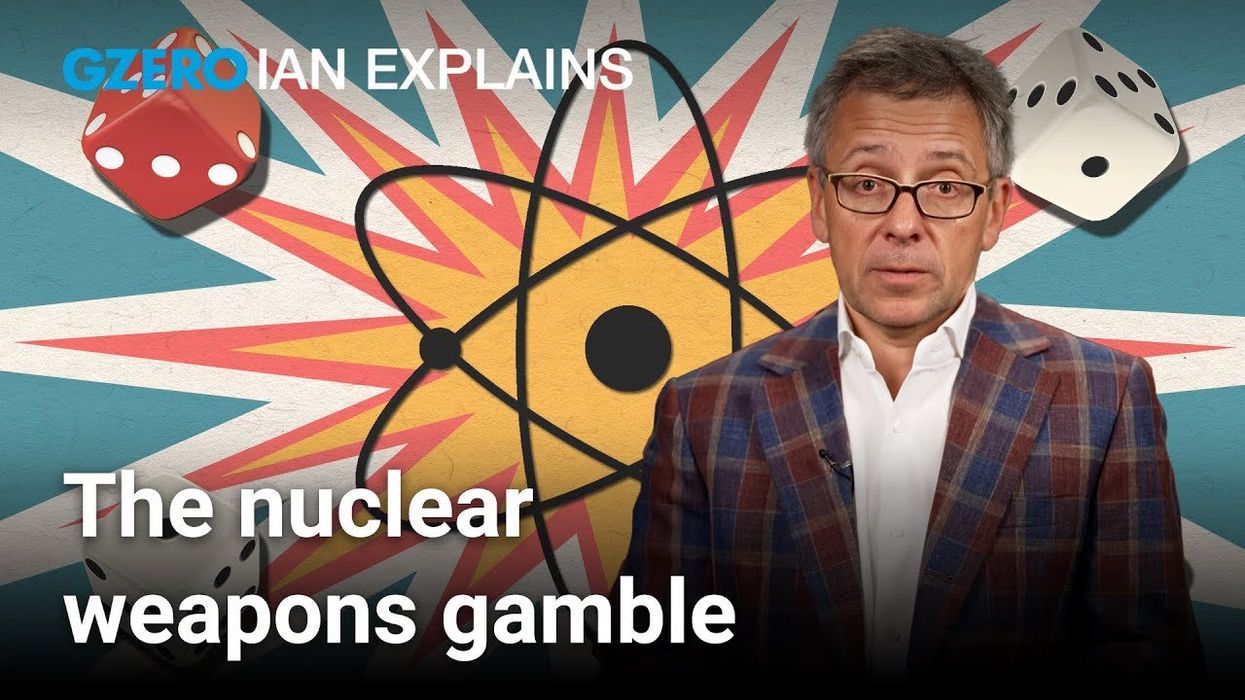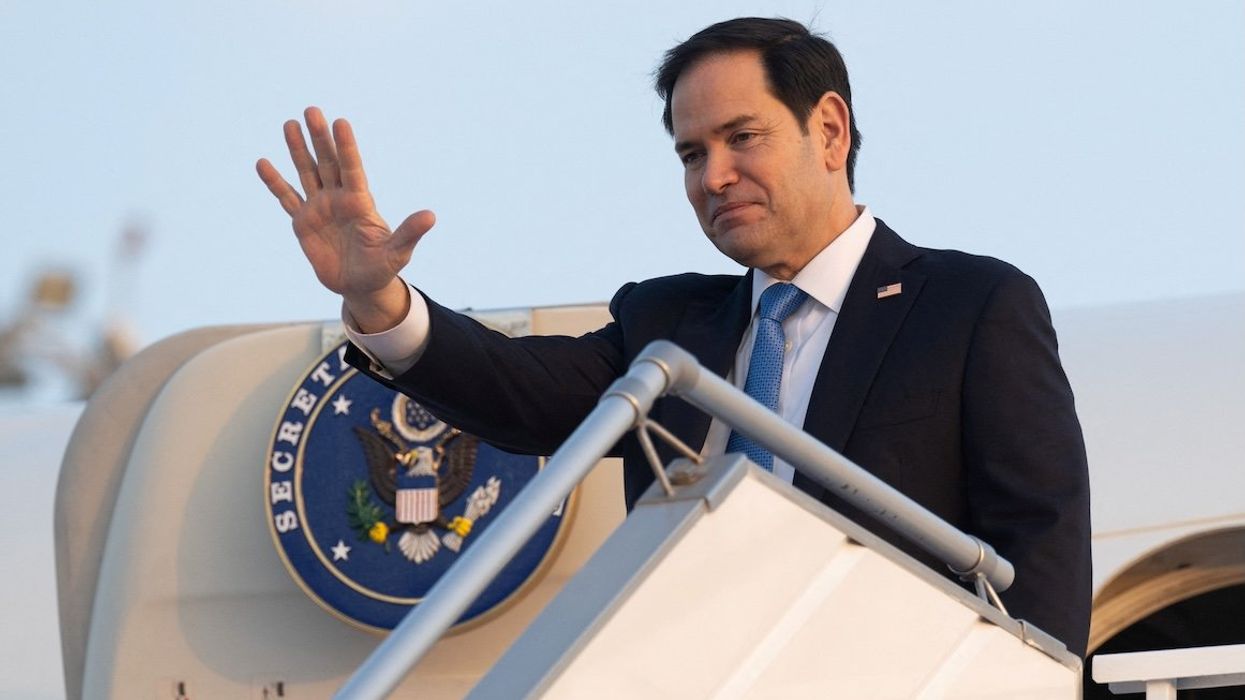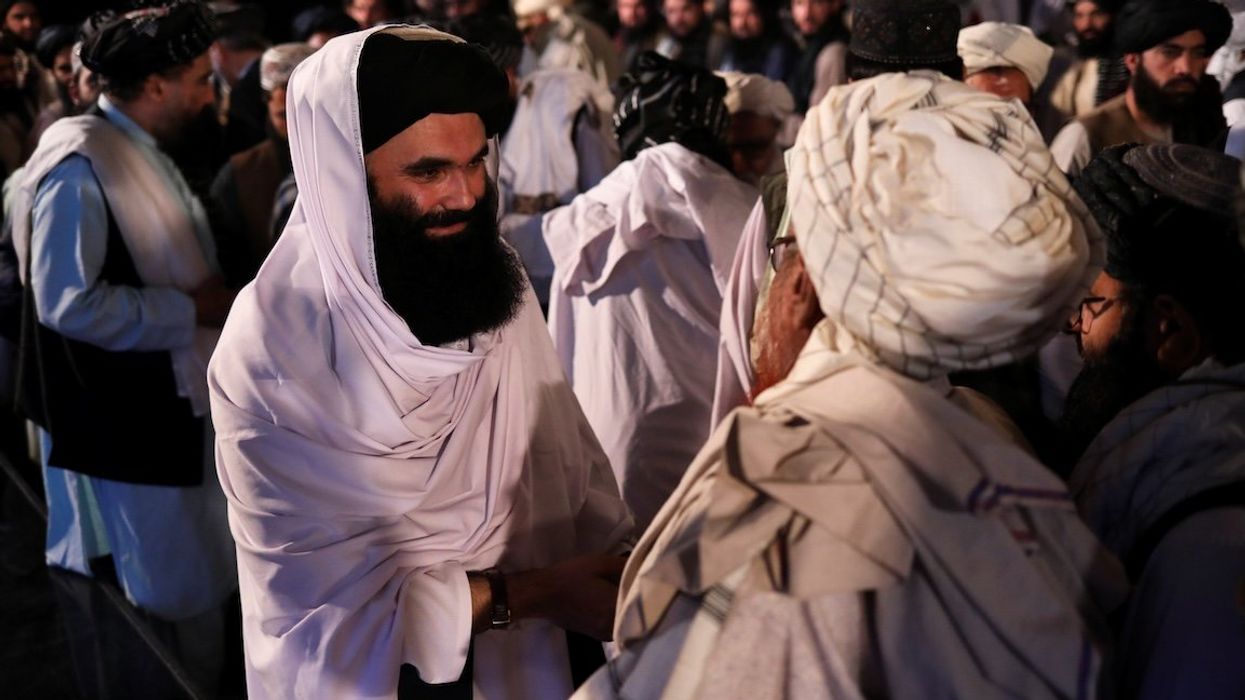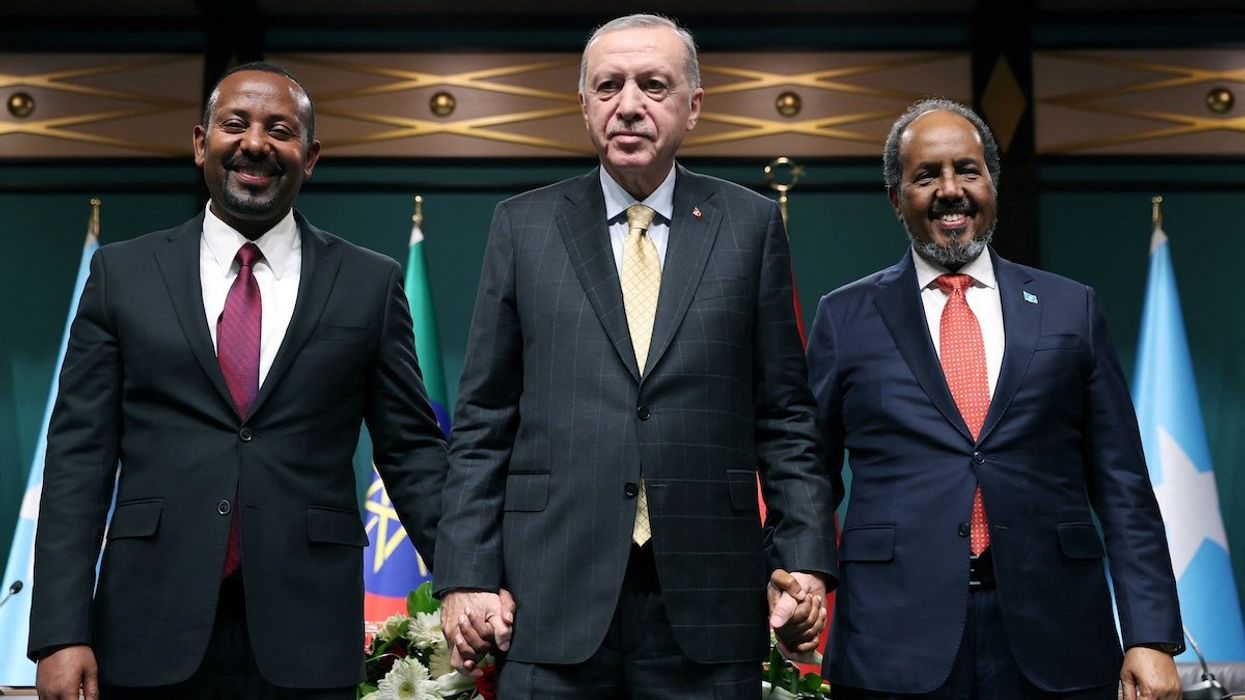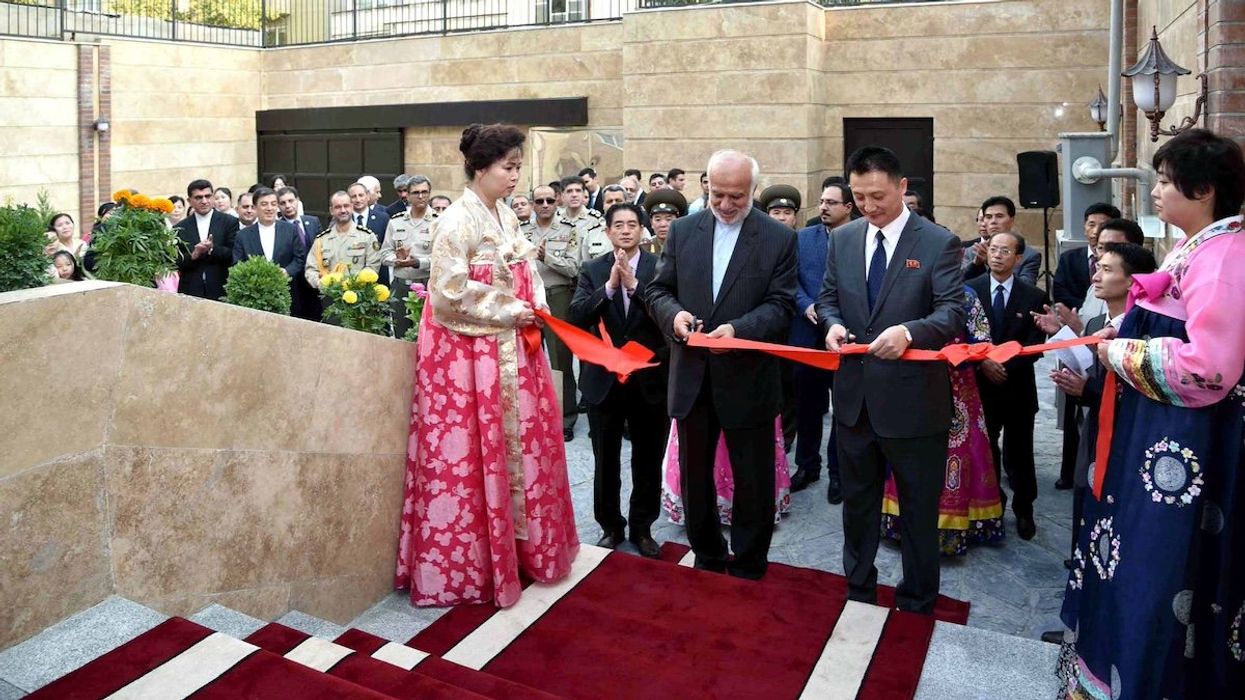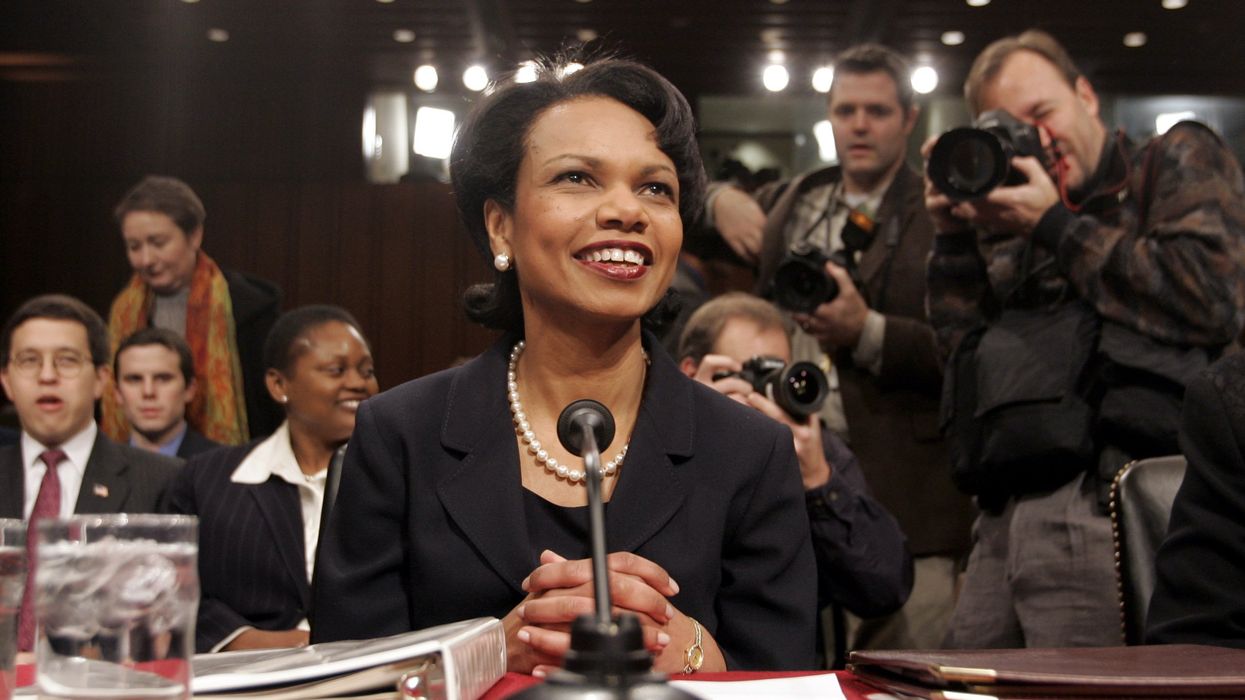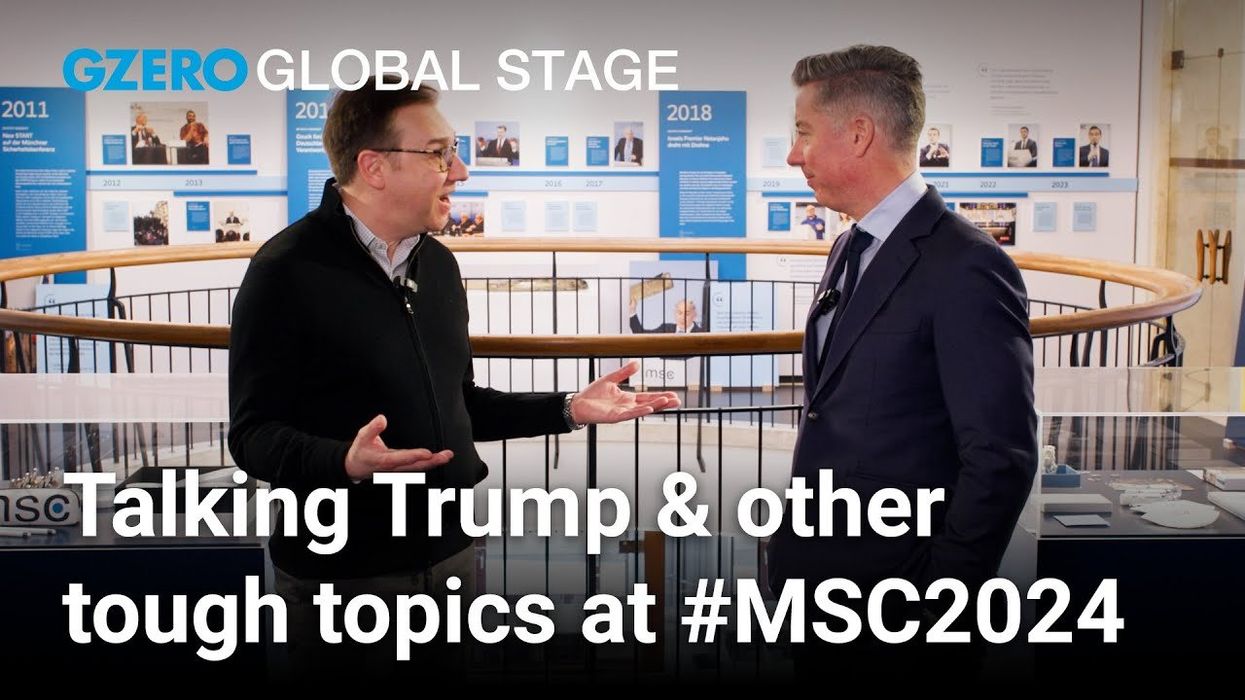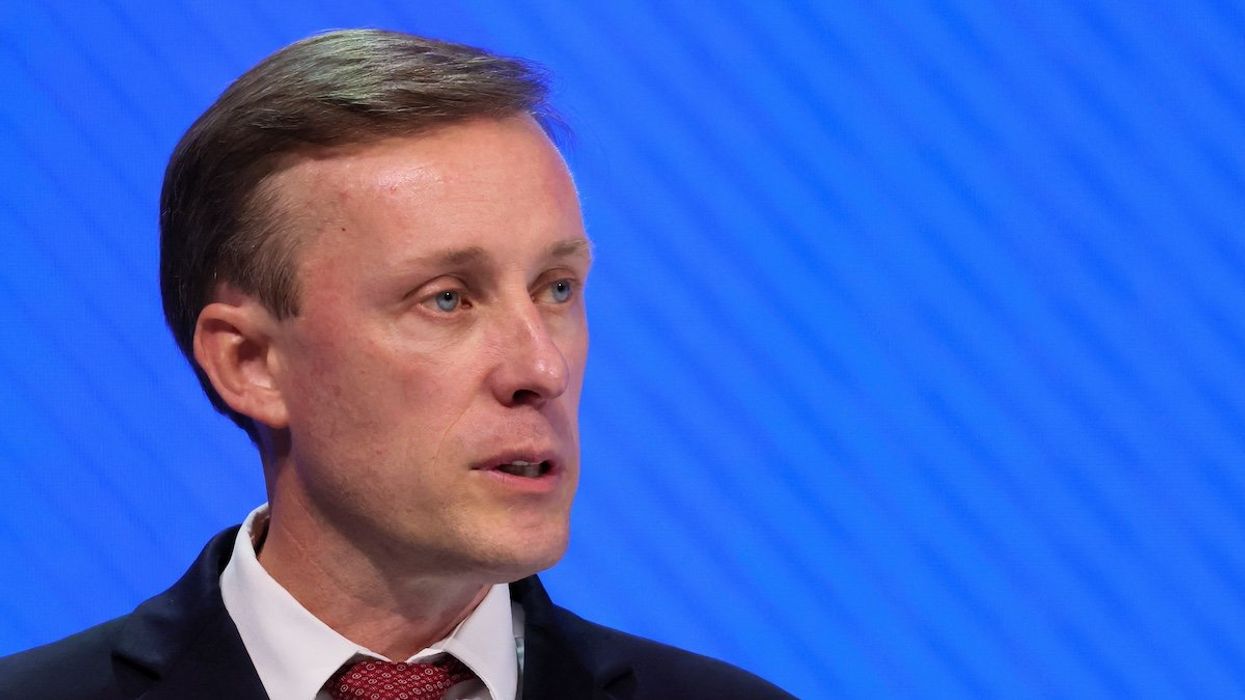GZERO World with Ian Bremmer
The world is on fire and the UN is running out of money
The world is in crisis—and as the United Nations turns 80, it is running out of time and money to respond. Secretary-General António Guterres joins the show.
Sep 19, 2025
